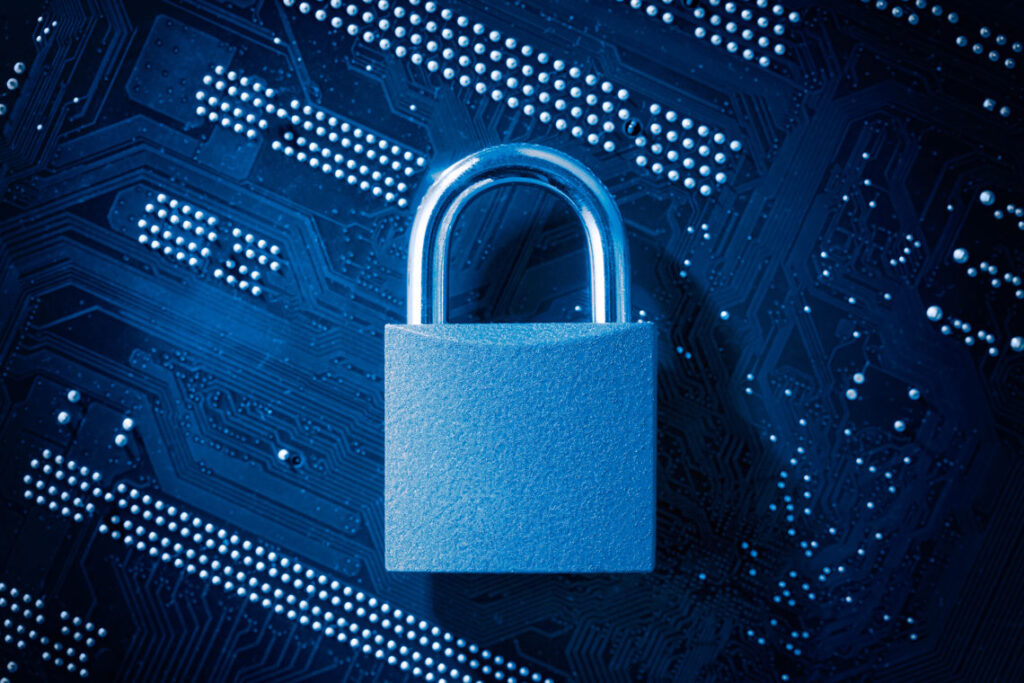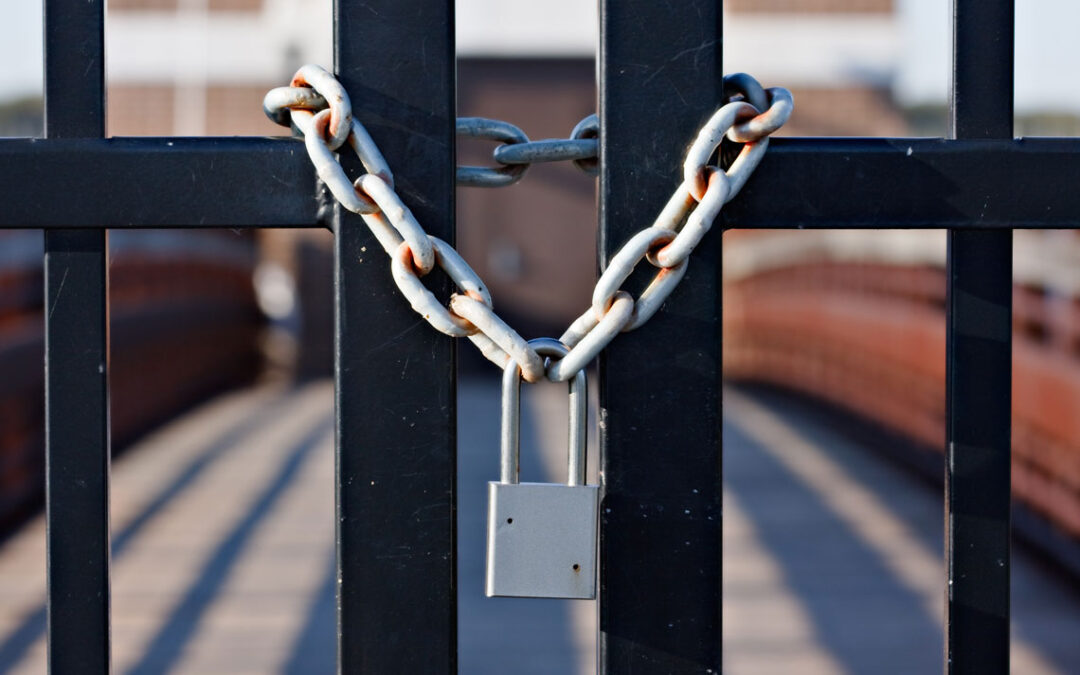The importance of information security
Information is a basic building block in an organisation, in the same way as employees, premises and equipment. We can communicate information, we can store it, we can refine it and we can control processes with it – we simply need it for most of what we do.
Information can be valuable both for organisations and for individuals, sometimes it is even vital. If such information is lost or incorrect, it can have catastrophic consequences.
We need to protect our information so that:
- it is always available when we need it (availability)
- we can trust that it is correct and not manipulated or destroyed (integrity)
- only authorised persons may take part of it (confidentiality)
The increasing dependence on information technology means increased risks – there is a clear increase in incidents such as data breaches, fraud, and the spread of malicious code. The actors behind it consist of individuals, but also in the form of organised crime, terrorists, and governments. Therefore, more organisations must work with information security to ensure that important information is secure.

Why is it important to be able to trust digital information?
There are many reasons and situations where we need to be able to trust digital information.
For example, it is important to be able to trust digital information internally at a company. Among other things, it is important within critical infrastructure and companies that work with OT systems that important system information can be trusted, as deficiencies in information systems can also affect physical assets. Incidents that result in major impacts on such systems and assets can lead to serious crises affecting public health, national security, or combinations thereof. In such an organisation, it is therefore vital to be able to trust information.
Read more about security for critical infrastructure!
Something that is important to most organisations is trust. Trust is something that takes a long time to build but can be destroyed in no time. Therefore, it is important that the information that leaves an organisation and reaches external parties, for example citizens in a city, is correct and can be trusted. Should security fail and a breach occurs where information is leaked, distorted or destroyed, a long build-up of trust can be destroyed in a short time. For some organisations, such as authorities and the public sector, trust is very important as they manage many socially important activities. When it comes to information from this type of organisation, it is equally important for the recipient of the information that it can be trusted as it comes from organisations that control important functions in our lives.
Read more about security for the public sector!

How do you make sure that digital information is secure?
It is of the utmost importance that all organisations do their best to protect their information – and especially information that is important for societal functions. However, it is not always so easy to know where to start. So, here are eight pieces of advice that will ensure that you get started in the right way!
1. Realise that information security means more than technology
Today, a great deal of information is managed in IT systems, often making information security equivalent to IT security. But, people and processes have to be included, and all parts are equally important to succeed. Systematic and continuous work based on assets, threats and risks is vital for creating sustainable protection.
2. Information security work has to be linked to your organisation´s risk management
All security work has to be based on how risks are managed in the environment where you operate. Information security-related risks have to be treated the same way as other risks.
3. Ensure that management takes its responsibility
The responsibility for security work always lies with management, as only management can decide not to do something about security risks. Given how the rate of cyberattacks are accelerating, a decision not to invest in information security means that both the organisation and its management take a huge financial risk.

4. Review procedures and processes
Information security encompasses the entire organisation´s operations and all information, regardless if it is in computers or on a piece of paper. Start mapping out routines and processes, who has access to information and systems, and the state of your security thinking.
5. Ensure the right resources
Information security work must be conducted systematically and continuously to ensure an adequate level of information security in an organisation. For successful information security work, you have to have management´s commitment and the right resources.
6. Start with an analysis
Systematic information security work should always be adapted to the specific circumstances of an organisation. A recommendation is to start with an analysis of both the outside world and your operations. Based on the results, it is also possible to decide which security measures that have to be implemented.
7. Develop a security policy (this helps you to maintain information security)
Regulatory documents such as a security policy are the formal framework for your information security work. In these, you have to specify what should be available, what should be done, as well as how it should be done.
8. Get help from those with in-depth information security knowledge
Getting started with systematic information security work on your own can feel a little overwhelming. If possible, get help from those with extensive knowledge about information security.
Do you want to know more about information security?
Do you need help strengthening your information security? Do not hesitate to contact us!



